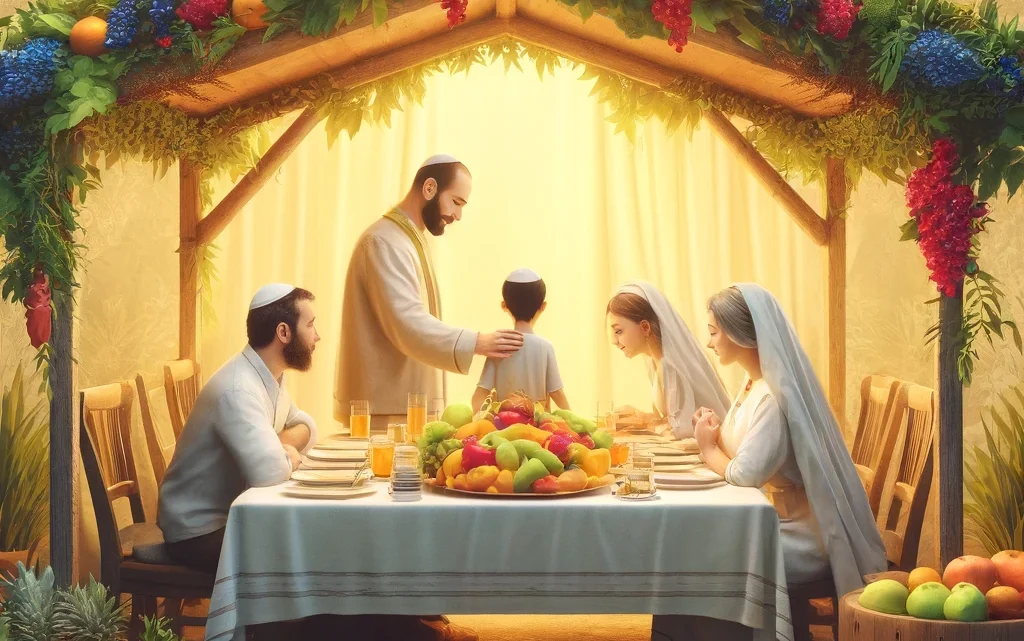The Forgotten Festivals: Ancient Biblical Celebrations and Their Modern Relevance

Introduction
The Bible is rich with festivals and celebrations that were observed by the ancient Israelites. These festivals not only marked significant historical events but also conveyed deep spiritual truths. While some are well-known, others are often overlooked. This post explores these lesser-known biblical festivals and their relevance for believers today.
The Festival of Trumpets (Yom Teruah)
Scriptural Reference: Leviticus 23:23-25
Description: Also known as Rosh Hashanah, this festival marks the beginning of the civil new year in the Hebrew calendar. It is a day of blowing trumpets and making noise, symbolizing a call to repentance.
Modern Relevance: For believers, Yom Teruah serves as a reminder of the need for spiritual renewal and preparation for Yeshua’s return.
The Festival of Booths (Sukkot)
Scriptural Reference: Leviticus 23:33-43
Description: Sukkot commemorates the Israelites’ journey through the wilderness, living in temporary shelters. It is a time of joy and thanksgiving for Yehovah’s provision.
Modern Relevance: Celebrating Sukkot can remind believers of their dependence on God and the temporary nature of life on earth, encouraging gratitude and trust in His provision.
The Feast of Unleavened Bread
Scriptural Reference: Leviticus 23:6-8
Description: This week-long festival follows Passover and involves eating unleavened bread. It commemorates the Israelites’ hasty departure from Egypt and their purification from sin.
Modern Relevance: Observing this feast can help believers focus on removing sin from their lives and living in purity and sincerity.
The Feast of Firstfruits
Scriptural Reference: Leviticus 23:9-14
Description: This festival marks the beginning of the barley harvest and involves offering the first fruits to Yehovah. It signifies gratitude for God’s provision and a promise of the future harvest.
Modern Relevance: For believers, it symbolizes Yeshua as the firstfruits of the resurrection and the promise of eternal life.
The Day of Atonement (Yom Kippur)
Scriptural Reference: Leviticus 23:26-32
Description: Yom Kippur is a solemn day of fasting, prayer, and repentance. It is considered the holiest day of the year, where the High Priest would make atonement for the sins of Israel.
Modern Relevance: Observing Yom Kippur can deepen a believer’s understanding of the seriousness of sin and the need for atonement through Yeshua’s sacrifice.
The Feast of Weeks (Shavuot)
Scriptural Reference: Leviticus 23:15-21
Description: Also known as Pentecost, Shavuot occurs 50 days after Passover and celebrates the giving of the Torah at Mount Sinai. It involves presenting offerings and celebrating the wheat harvest.
Modern Relevance: Shavuot reminds believers of the gift of the Holy Spirit, given on the same day in the New Testament, and the importance of God’s Word.
Conclusion
Rediscovering these ancient festivals can enrich a believer’s spiritual journey, providing deeper insights into biblical events and principles. By observing these celebrations, believers can connect more fully with their faith’s roots and experience the fullness of Yehovah’s appointed times.

